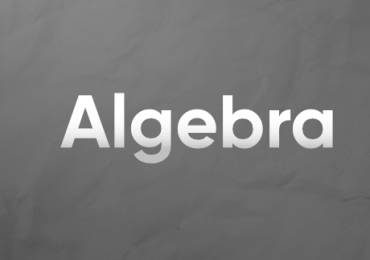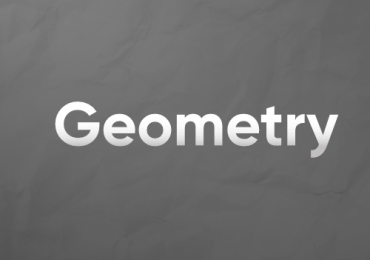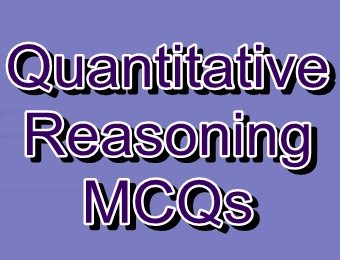If you want to get the important 1st Year Math Chapter 7 Permutation Combination and Probability MCQs With Answers then this is the right place. Students who are now going for the entry test are here on the right site. For the preparation of MCQs of this chapter, this is the right place. This chapter has topics including Permutation, combination, and Probability concepts. The subtopics are also significant including Circular Permutation, permutation of things not all different, Complementary Combination, estimating probability and tally mark, and the addition and multiplication of probabilities. But you will find them easily through these 1st Year Mathematics MCQs. So, these are all the important concepts you should have a grip on. Here below, there is a quiz given. Solve this quiz and check the answers at the end. Scroll down and check the MCQs.
1st Year Math Chapter 7 Permutation Combination and Probability MCQs With Answers
497



